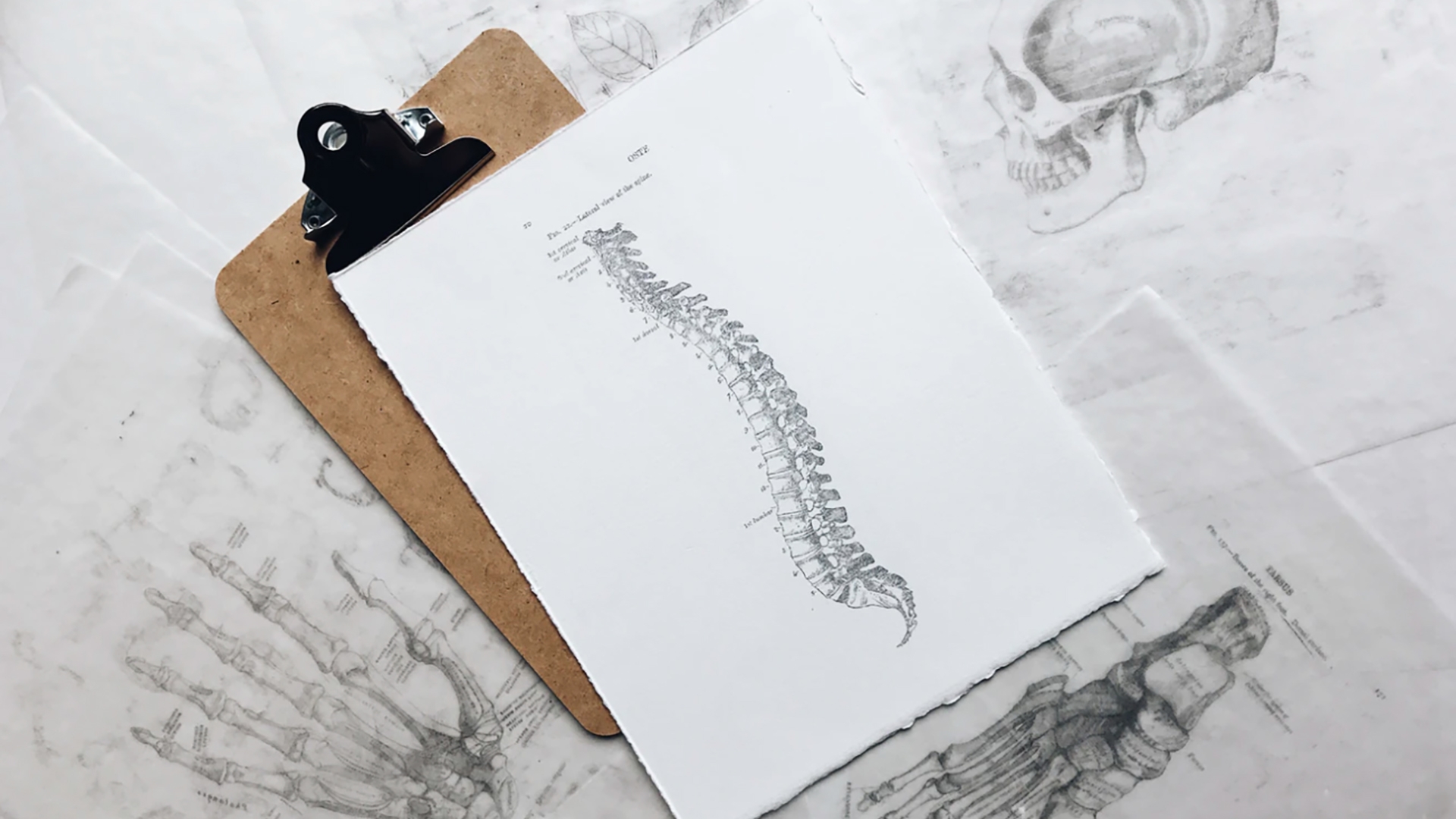Recovery from personal injury is dependent on many things, but nothing is of greater importance than physical and psychological rehabilitation. The type of injury doesn’t diminish that, regardless of whether it was inflicted through another driver’s negligence, as a result of poor working conditions, because of medical mistakes during treatment or any other means.
For example, the debate over how best to compensate those injured through no fault of their own on our roads is as old as the motor car itself. The purpose of the personal injury claims process is to return the person to as close as their pre-accident status as possible financially, physically and psychologically- as if the accident had not occurred. And even when the government proposed in 2015 to do away with financial compensation entirely for those with less severe injuries – something it sensibly rowed back on- it always intended that injured people would be able to recover the cost of any necessary rehab.
However, this critical focus of helping individuals to recover appears to be getting lost and is currently an afterthought within the government’s personal injury reforms.
A significant body of research shows that poor policy and compensation design results in less good health outcomes for individuals injured in a motor vehicle collision. The evidence is that even those with minor symptoms are at risk of longer-term symptoms, chronicity and more absence from work. Despite this, treatments such as physiotherapy still seem to be perceived by some as an add-on to the claims process, something to be considered only once car repairs are underway and financial compensation has been sought. Perhaps the best indication of this is that the government still hasn’t published its response to ‘part 2’ of its 2017 whiplash consultation, in which rehab was considered.
It would make huge sense for rehab to be part of the new claims portal, whose implementation has been delayed until at least April 2021. Yet all that has been said so far is this might come in later. In the meantime, claimants will be ‘signposted’ towards rehab, although how and when remains unclear.
This is a missed opportunity. An individual might find themselves suffering from a range of painful, debilitating injuries. Rehabilitative treatment enables them to get better quicker and return to living a full and active life. It is recognised that the sooner an individual receives help, the faster and more successful their recovery will be. That is to everyone’s benefit, most of all the individual but also our public services and the taxpayers and insurance premium holders who ultimately foot the bill.
The outbreak of Covid-19 is also a spur to looking at new ways of doing things. Remote medical examinations have proven to be a great success during the pandemic, with most GPs and claimants indicating their preference for doing things online. Clearly, the right safeguards need to be in place, but that shouldn’t be a great problem.
And while physical and psychological rehabilitation remains essential, there should also be a place in the process for remote treatment where appropriate, for instance for those who are particularly vulnerable and cannot safely attend treatment in person. We need too to consider sensibly any issues around claims processes, pricing and the role of professional bodies and industry codes.
Making any changes permanent requires increased cooperation between different parts of our sector. We have learned a great deal since lockdown about the benefits of working together to deliver the best consumer outcomes. The ACSO/ABI Statement of Intent has been essential in meeting many of the shared challenges, and more must be done to build on this and make lasting changes rather than return to the often unsatisfactory status quo ante.
ACSO’s latest working group is dedicated to rehabilitation and brings together rehab providers and others with an interest in this vital area. We look forward to working with insurance colleagues and other stakeholders to identify and deliver pragmatic, consumer-focussed solutions and above all to help people with injuries recover as quickly as possible.
In the short term, there is still time for the government to make rehab an integral part of the new claims process, rather than an afterthought. But in the long term, there is much more to do to ensure the effective delivery of rehab services in the civil justice sector.
To find out more about ACSO’s Rehabilitation Group, please get in touch.
